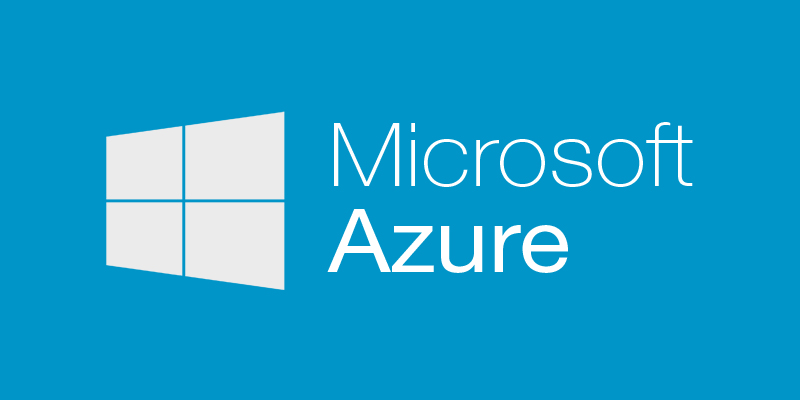The 3 best Cloud Providers in 2017
Cloud computing, also known as the cloud, has become quite popular over the years. By definition, it delivers computing services over the Internet. The cloud providers that offer these computing services are called cloud providers. Businesses are using the cloud to store and back up data, deliver software on demand, analyze data and more. Even what seems to be a simple act, such storing a photo on your iCloud account is cloud computing in action.
But why are so many companies moving their business to the cloud? It is cost efficient, offers almost unlimited storage, scalable, makes information easy to access and gives you the advantage of quick deployment. Cloud providers, in general, do most of the legwork and free up time, energy and money for businesses to focus on their own practices.
Amongst the cloud space, there are a couple of providers that take the lead in consideration of their security, service, and pricing. Here are the three best cloud providers in 2017.
Amazon Web Services (AWS) is Amazon’s cloud offering and is considered the biggest of cloud providers. In the cloud world, it is amongst the pioneers. It started offering cloud services in 2006 and has since grown a user base ranging from small businesses to enterprises. With a steady increase of users and consistent performance, it maintains its spot as a user favorite. Because it is one of the cloud providers with the most experience and is also extremely reliable, it is considered one of the best if not the best. It also has a huge infrastructure that companies of all sizes can tap into and gaining enterprise quality with the same benefits as every other user.
Amazon Web Services users include Netflix and Expedia.
If you want to learn more about Amazon Web Services, there are many resources to do so. For example, you can complete Amazon Web Services training on Cloud Academy, an online educational institution for cloud-related skills.
Azure is Microsoft’s cloud business that has gained significant traction over the last couple of years. It offers a collection of integrated cloud services that users can utilize and deploy anywhere, known for driving business critical operations. Year after year, Azure has seen a growth of 124%, a shocking number for a well-established player that already has a huge base. Many attribute this to its well-known applications and Office 365. Users commonly feel more comfortable moving forward with a cloud provider that they are already familiar with in another setting.
Included in Azure are two of Microsoft’s most popular offerings – Office and SQL Server.
Microsoft Azure users include Boeing, BMW, and Heineken. In total, 80% of Fortune 500 companies use Azure. If you aren’t sure about the benefits this system can have for your business, you can learn more about implementing Microsoft Azure infrastructure solutions online.
Google Cloud Platform offers cloud-based tools. Google is well known for its variety of options and products, such as Gmail, YouTube and Google Drive. It may not have the same level of cloud offerings as Amazon and Microsoft yet, but it will surely get there. Surprisingly, it made a later entry into the cloud arena. The Google Drive came out during the first quarter of 2012, well after other cloud providers, such as Amazon, already had a solid user base.
User favorites include Google’s Platform as a Service (PaaS) offering, App Engine, and Infrastructure-as-a-Service offering, Compute Engine.
Google Cloud Platform users include Spotify and Coca-Cola.
Since there are numerous cloud providers to choose from, including Amazon Web Services, Microsoft Azure and Google Cloud Platform, choosing a provider is certainly a process. Remember that before choosing a provider, whether it is one of the three listed above or not, it is crucial to first consider what exactly you are looking for. Each company needs to first write out its needs and then go through an evaluation process to see what is the best fit.
Any specific questions for providers that come up during one’s search should always be addressed with the provider. Before entrusting a service provider with your data and applications, it is important to do your homework. For example, if you would like to learn about its financial health, ask the provider directly. In honor of transparency and upheld quality, it should have its history carefully tracked.







